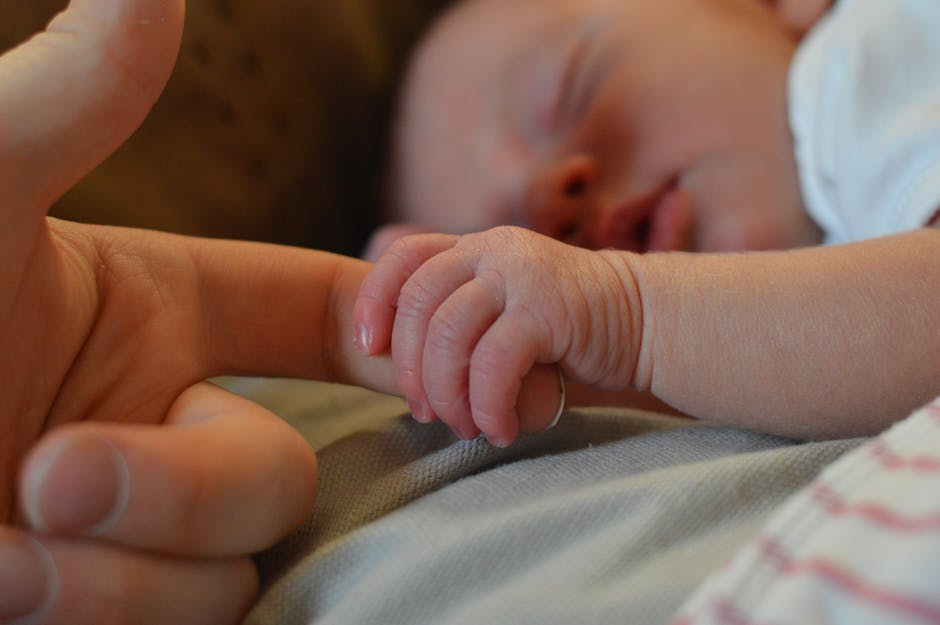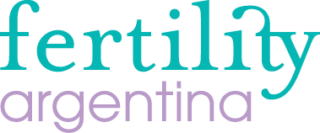Using donor eggs is plan B for one in every eight couples having IVF | ICSI Egg Donation

Using donor eggs is plan B for one in every eight couples having IVF
‘What? Egg donation? Noooo, I will not cross that line.’
‘Why not? Let´s talk about your concerns. Let´s think about why you are choosing to have a baby.’
My name is Dr. Demián Glujovsky and this is a conversation regularly held in my office.
I am a fertility specialist at a clinic in Buenos Aires, Argentina, where I have been in charge of the egg donor program for more than five years. When I started working here, we were managing 140 egg donor cycles a year. Today, more than 550 women a year from many countries including Australia, New Zealand, USA and Canada visit our clinic for donor egg cycles.
Is using donor eggs for you? Firstly, you need to answer this question: Why do I want to have a baby? If it is to transmit your genes, egg donation is not a good option. However, when I ask my patients this question, most say: `to have a family´, `to play with my kids´, `to hug or kiss my children´, `to educate, to help him/her to grow-up´, among many other responses. In most cases, patients realise that egg donation is a great alternative when they have exhausted every other avenue including repeated failed IVF cycles.
Egg donation is Plan B, when Plan A is no longer an option. And sometimes, it is the only way to achieve the dream of having a baby. Most of the women I treat have been trying for a pregnancy both naturally and with IVF for some time with no success. They are quite often aged in their late 30s and 40s, and have low ovarian reserve, or have a genetic trait they don’t want to transmit.
Egg donation started around three decades ago, with the first babies from an egg donor cycle now almost 30 years old. Nowadays, all around the world, one in every eight couples who have IVF use donor eggs.
How does it work?
Programs may vary slightly between clinics but I will explain the process at our clinic here in Buenos Aires.
Once you decide to go ahead with an egg donor cycle we have between two and three months to get everything prepared. This includes sending me a variety of blood and other test results, and having any additional tests. You will go on the oral contraceptive pill to synchronise your cycle, have an injection to stop spontaneous ovulation and then start taking oral oestrogen to support the thickening of the endometrium (uterus lining). You will have several ultrasound scans to ensure the lining is thickening and a blood test to measure your estradiol levels.
At the same time, the donor is evaluated and stimulated using follicle stimulating hormones.
If needed, egg donation can also be done with donor sperm, not only for those couples where the semen analysis showed bad results but also for those women who are single.
Most patients come to Buenos Aires for 10 days during which time you will meet me in person, and stay in close contact via phone or email so I can keep you updated about your donor’s egg retrieval procedure, egg fertilisation and your day and time for embryo transfer and when to begin using progesterone. Several days later you will fly home and two weeks after transfer do a pregnancy test.
Our pregnancy rates are 50 per cent ***(see at the bottom), with 80 – 90 per cent of our patients achieving a pregnancy in the first two to three attempts.
If your pregnancy test is positive, you will need to continue using the progesterone for several months and make an appointment to see an obstetrician.
What happens to those who do not get pregnant? In those cases where there were embryos to freeze, a frozen-thawed embryo transfer could be done some weeks/months later. In those cases where no frozen embryos were left, another fresh egg-donor cycle is needed and can begin two to three months later.
How do I choose an egg donor program?
To choose the right program for you, you should analyse the success rates, the transparency of the program, the guarantees in terms of number of eggs that you will receive and embryos that will be transferred. Also research how donors are evaluated and, if possible, speak with former patients about their experience with the program.
I wish you every success with your journey to become a parent.
Dr Demian Glujovsky, MD MSc
Specialist in Reproductive Endocrinology and Infertility
Master in Clinical and Heath Care Effectiveness
www.FertilityArgentina.com
Published at the Queensland Fertility Group Newsletter in Australia (Aug/2013)
*** Note of the author: at the time it was published, pregnancy rate were 50%. Nowadays, it is 60-65%.


